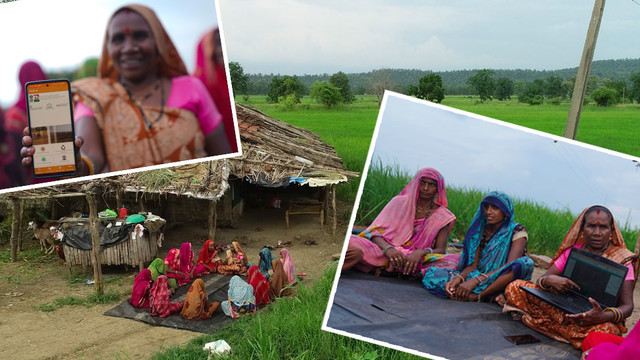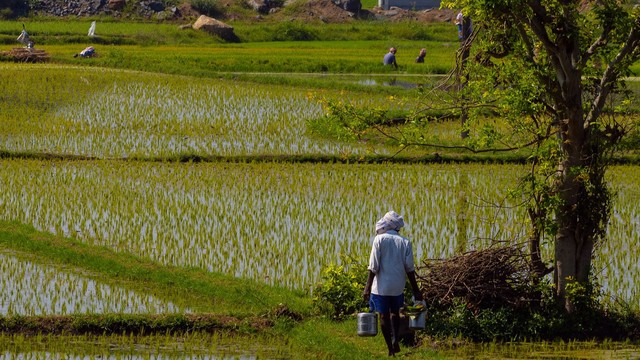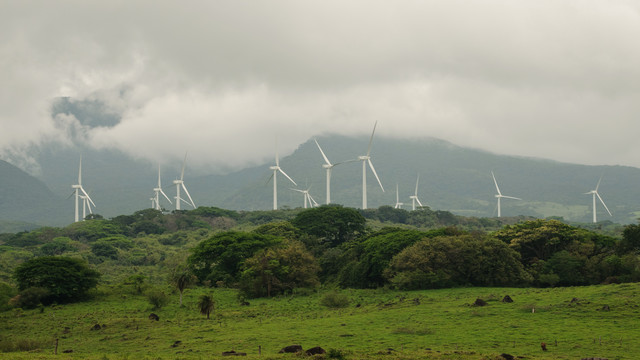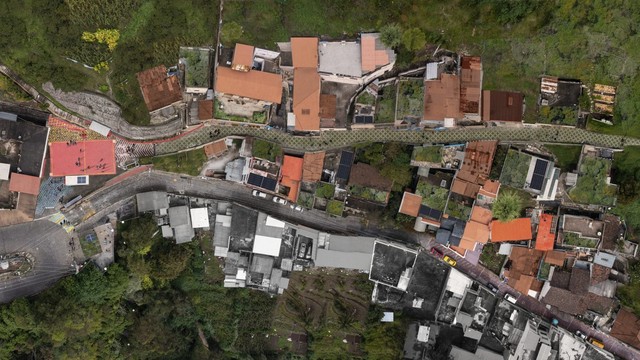Webinar: Benefits of investing in national monitoring and evaluation systems
This webinar on 2 October 2018 discussed how developing countries can benefit from investing in national M&E systems for climate change adaptation - and go beyond narrow project or indicator-based monitoring systems.

Developing countries aiming to monitor and report on their progress on adaptation face numerous challenges, including a lack of capacity, complex metrics, and how to report on adaptation activities being undertaken iacross widely varied ecosystems and at different scales, from local to national.
This webinar looked at the benefits of investing in national Monitoring, Evaluation and Learning (MEL) systems for climate change adaptation.
For many years, countries have been investing in MEL systems that help to monitor progress at project level. This webinar investigated how countries can nurture national evaluation systems that go beyond narrow indicator-based methods and output-oriented techniques to measure national adaptation outcomes. Countries can invest in MEL systems to improve their national planning processes – and then use the MEL systems for reporting their progress under the Paris Agreement.
Programme:
- Introductions
- Nick Brooks, director, Garama 3c Ltd set the scene by introducing the topic and why it is important to invest in National M&E systems for climate change.
- Neha Rai, senior researcher in the IIED Climate Change research group, grounded some of these concepts by sharing how some countries are nurturing national M&E systems - and what positive and negative lessons we can draw from these examples.
- Question and answer session with participants
- Discussion, review and closing remarks
Background
The webinar was organised as part of a wider project that aims to improve and share understanding on MEL for adaptation. Together with partners, we are looking at which MEL approaches have been most useful for national decision makers, and are providing guidance and tools to support national planning and reporting requirements under the Paris Agreement. IIED recently published a briefing paper highlighting how governments will need to think differently about how they monitor and evaluate their adaptation initiatives if they want to keep sustainable development on track.
The project is part of an international programme providing Support for the Implementation of the Paris Agreement (SPA). This global initiative is funded by GIZ in collaboration with the German environment ministry.
Contact
For more information about the SPA programmes’ adaptation component and MEL theme, please contact: Neha Rai (neha.rai@iied.org), senior researcher in IIED's Climate change research group



